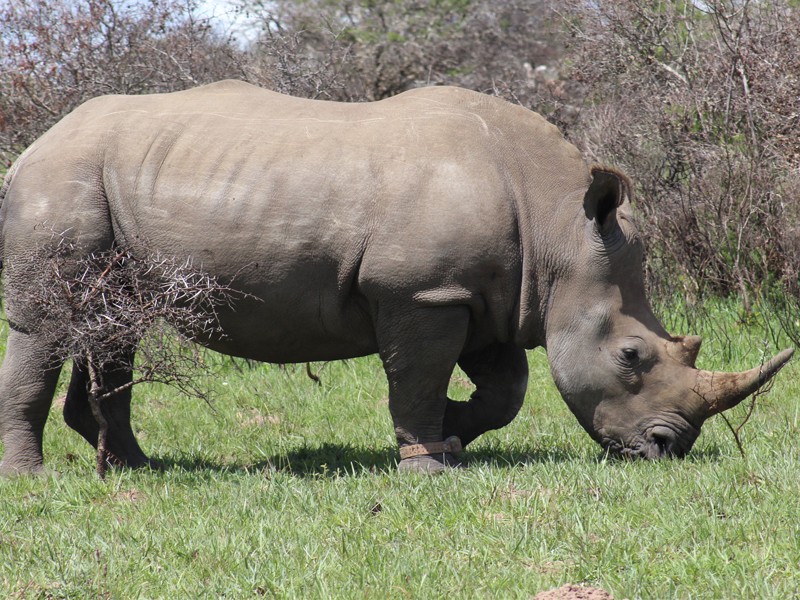The Kruger National Park (KNP) is striking back at wildlife crime with a new project making the reserve safer.
The initiative is a new set of eyes in the sky that identifies poachers and their movements.
Mr Nicholis Funda, head of the Kruger National Park anti-poaching team, said the size of the park necessitates 2 000 rangers to keep it safe, but it can only employ 500.
“At present the criminals own the night. These systems will help us take it back,” he remarked during a demonstration of the Wide Area Surveillance System (WASS), also called Postcode Meerkat, to the media.
It is proving to be the light at the end of the tunnel the anti-poaching team was looking for.
This is what you should know about how the system works:
- The WASS was placed high up in the mountains and scans the Kruger National Park since 7 December 2016.
- Solar-powered 24/7 technological eyes in the sky do the surveillance.
- Visuals from the radar-system are sent to an operations room with skilled personnel.
- On the screens lots of information is available.
- With clear close-ups necessary detail can be seen to make decisions
A bi-lateral memorandum of understanding between Mozambique and South Africa on Biodiversity Conservation and Management has been signed while an implementation plan is being finalised by the two countries. This plan will facilitate
Coordinated law enforcement operations & the management and protection of National Parks and other reserves in the TFCAs.
The GLTFCA will also be included in this process in order to curb poaching across the borders.
Increased joint collaboration efforts on anti-poaching interventions are currently being undertaken at park management level in order to improve co-operation between the Limpopo National Park (LNP) in Mozambique and the Kruger National Park (KNP) in South Africa as part of the Great Limpopo Transfrontier Park (GLTP) initiative. These include the following:
Regular meetings between Limpopo National Park and Kruger National Park managers and field rangers;
The implementation of a cross-border protocol to facilitate movement of officials across the international boundary.
Capacity building and skills transfer
Joint training and patrolling
Logistical support and assistance on the ground
Development of joint communications network
Exchange of information and sharing of intelligence
Relationship building through increased collaboration
Training of field rangers in anti-poaching operations.
Implementation of an institutional reform process, which will include the establishment of Joint Park Management Committees to facilitate effective cooperation; and
Implementation of a joint cross border communications network, which will be focused on the areas located on both sides of the international boundary.

Anti Poaching - Kruger National Park


